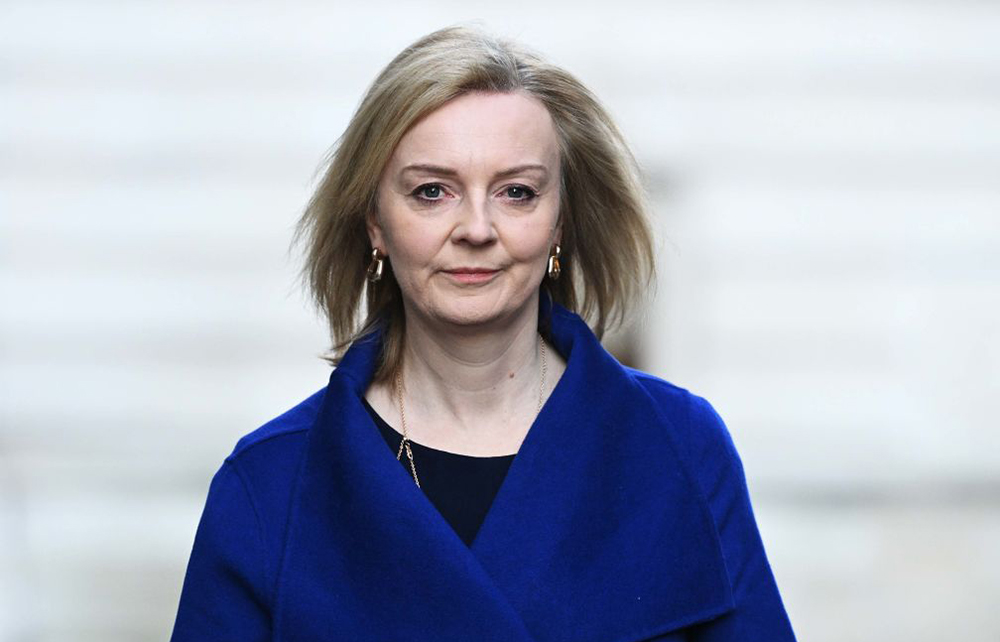Liz Truss is on manoeuvres. She is spending lots of time where she is most comfortable, inside Westminster’s thinktanks, preaching her version of free-market economics. There are rumours she might assemble a new thinktank of her own, or work with an existing one, to set up an alternative to the Office for Budget Responsibility’s growth forecasts.
The OBR was prevented from producing a forecast for the mini-Budget. Still, to Truss, it represents the naysayers, the UK’s economic ‘orthodoxy’ who tore apart her mini-Budget. An alternative forecast, she believes, could confront the gloomsters and doomsters and vindicate her belief that supply-side reforms – tax cuts, deregulation, privatisation – are needed to help economic growth. She wants to make the case for change.
Truss’s supporters are right to point out that since the OBR was founded by George Osborne in 2010, it has consistently underestimated the benefits of certain reforms, such as David Cameron’s changes to the labour market.
If every institution ends up acquiring some bias – as hard as it may try to stay neutral – then why not set up a rival forecaster and deliberately build in a bias for optimism? Let their predictions compete, and one will soon prove to be more reliable than the other.
Truss clearly thinks economists with more free-market sympathies would agree with her that, as she puts it, ‘raising taxes is counterproductive’. But the broad consensus from independent forecasters after her mini-Budget was that her specific tax cuts were not going to help economic growth to the extent she claimed they would.
The Institute for Fiscal Studies’ Green Budget forecast a 0.7 per cent contraction to GDP this year. Trussites might lump the IFS in with ‘the blob’ of economic pessimists. But they probably wouldn’t say the same of Capital Economics, founded by liberal-leaning Roger Bootle, which is usually quite optimistic in its forecasts. Yet CE estimated that the surprise mini-Budget announcements might add only between 0.1 and 0.2 percentage points to GDP and would ‘not make a big difference’ to long-term growth.
The Centre for Economics and Business Research was on the more optimistic end of the spectrum, forecasting that the tax cuts would help push growth to 2 per cent by the end of the decade, but they were not enough to ‘stave off’ recession this year. Truss likes to quote the National Institute of Economic and Social Research, which also predicted recession but a faster bounce-back. The NIESR was the outlier: does she really think a new free-market forecaster would give an even better score?
High taxes are usually a symptom of a deeper problem: high spending. So long as government spending is at a postwar high, tax will be too. And so long as the state is spending an equivalent of almost half of GDP – pouring never-ending sums of cash into black holes like the NHS – relatively small changes to income tax will not produce spectacular growth.
This is not to say that tax cuts don’t help at all. The 2010s showed how a lower headline corporation tax rate can help raise revenue. Morally, tax cuts transfer a bit of money back from bureaucrats to the people who earn it. But the irony is that despite Truss’s talk of tax cuts, her mini-Budget was a wild spending spree, with a deficit-financed energy package that was estimated at the time to cost £60 billion, one of the most expensive government bailouts ever attempted. She laments the drift towards ‘higher spending, bigger government’, but in office she did not just drift but leapt in that direction.
Many on the free-market right remain convinced that Truss is the best champion of economic liberalism (despite her mispronunciation of Friedrich Hayek’s name in her interview with The Spectator this week). But she might want to be careful what she wishes for. If she does establish a ‘sound’ forecaster to weigh up her borrow-and-spend agenda, it’s not at all obvious it would come to the conclusion she wants.







Comments